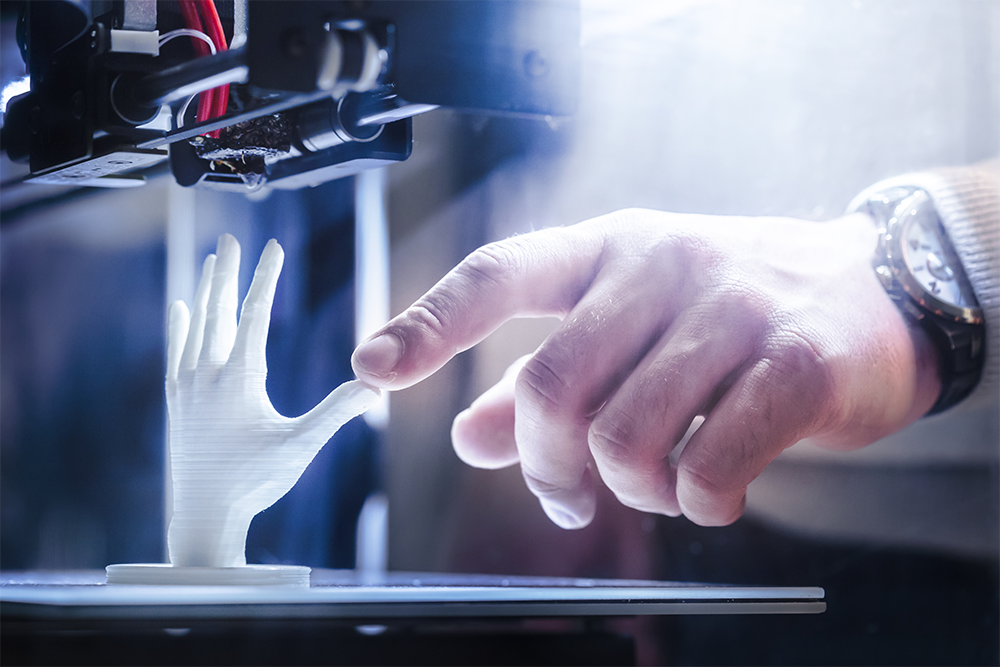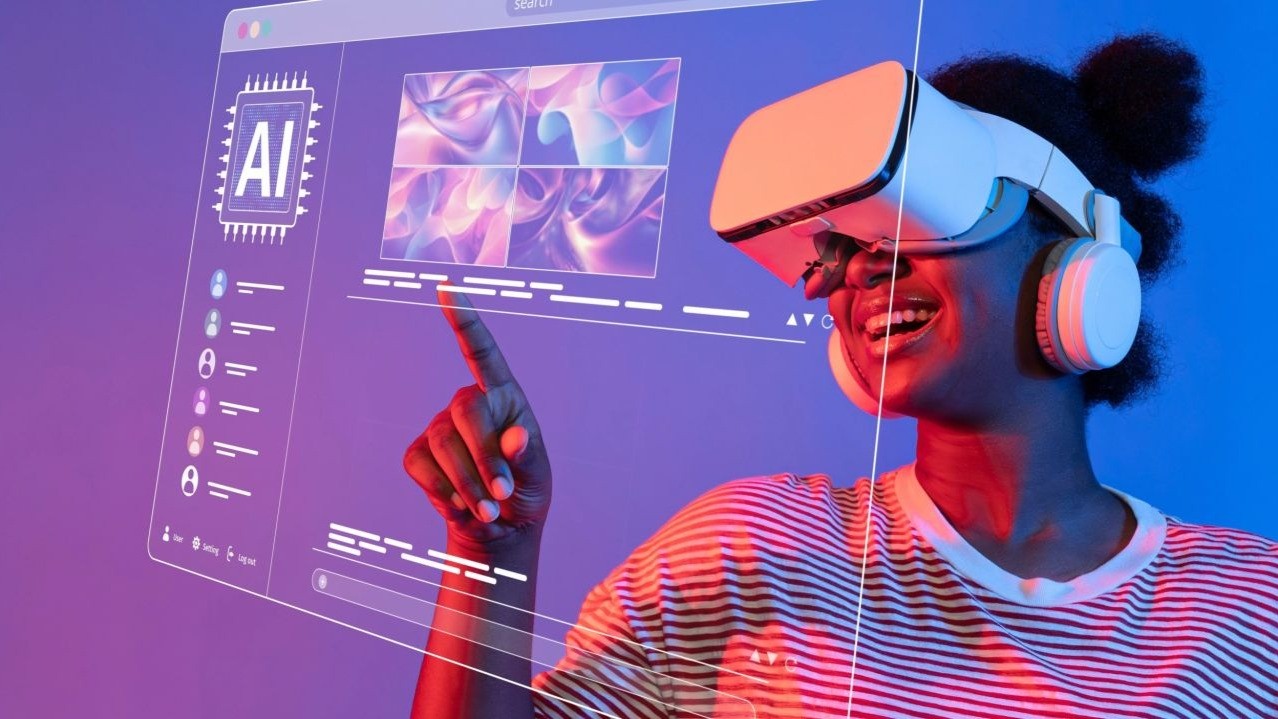Top 6 Most Amazing Ways 3D Printing Is Now Used In Practice
2 July 2021
Even though 3D printing got its start in the 1980s when Chuck Hull designed and printed a small cup, it’s been in the last few years that the printers became cheaper to produce and therefore used in a variety of amazing ways. Also known as additive manufacturing, 3D printing is when objects are created when a printer lays down material in successive layers following the design from a digital file. Here are the top 6 most amazing ways 3D printing is now used in practice today.

1. Manufacturing
3D printing is reshaping the way we manufacture things in a wide range of industries. Thanks to innovations with 3D printing technology, materials, and equipment, costs have gone down, making it easier to be adopted for general manufacturing. 3D printing allows manufacturers to consider short-production runs and to create completely new components that wouldn’t be feasible in a traditional manufacturing environment. Manufacturers are also able to be nimble when they use 3D printing processes. McLaren Racing provides a great example of how 3D printing can impact an industry. They use 3D printing to develop steering wheels for their Formula One racing cars. Since they can print a wheel and allow drivers to handle various prototypes and offer feedback, the design process went much quicker than with traditional design and manufacturing processes. 3D printing is used to rapidly develop and create new parts and tools—even at the racetrack—that will hopefully enhance the performance of the cars.
2. Edible 3D printing
Who doesn’t like chocolate? One of the ways 3D printing is used today is to create objects out of edible material such as chocolate. Since chocolate hardens quickly at room temperature, it’s the perfect material for 3D printing and allows chocolatiers to create confections in any shape or form. This use of 3D printing will only get bigger as other edible materials are used, including ice cream, cookie dough, pizza, and even hamburger to make patties. Edible 3D printing is becoming popular for professionals and for personal use. Those that use 3D printers for edible creations find that it can be less time-consuming than traditional cooking, allows for more personalization and customization, and there’s no limit to creativity.
3. Musical instruments
The world has already experienced its first live concert, where only 3D-printed instruments were used at Lund University in Sweden. 3D printing enables instruments and instrument parts to be created in complex shapes that aren’t possible in any other way. So far, there have been violins, flutes, keyboards, guitars, and drums created by 3D printing. While the craft of building a violin hasn’t changed since the 17th century, 3D printing offers another solution. Many 3D-printed instruments not only make beautiful music, but are visually stunning as well.
4. Dresses
3D printing in the world of fashion? Yes, it’s the next 3D printing frontier! Nike already has the capability to create trainers using 3D printing, but now designers are relying on the technology to create amazing dresses that couldn’t be fabricated in any other way. With 3D printing, fashion fuses with technology and the normal fashion rules do not apply.
5. Entire houses
Within 24 hours, an entire 400-square-foot house was 3D printed in the suburbs of Moscow for only $10,000. In the last several years, other construction companies have put this technology of 3D printing concrete to use and made the price to create a 3D printed house drop as well. And the most advanced 3D printed building in the world is a futuristic office building in Dubai. The speed of construction for a 3D home is especially appealing when emergency shelters must be erected after natural or manmade disasters. Aside from expediency, 3D printing houses allow for unlimited creative opportunities that weren’t possible in traditional construction.
6. Print body parts
One of the most amazing real-world examples of 3D printing is the technology’s use in healthcare and medicine. From bone structures that can be implanted in the human body to organs and heart and liver tissue, 3D printing is going to transform medicine and the future of mankind. These aren’t just prototypes; in many cases, these are actual working body parts. The medical school at Northwestern University even 3D printed ovaries for mice and allowed infertile mice to produce healthy offspring.
Related Articles
7 Media Trends That Will Redefine Entertainment In 2026
By now, “smart” versions exist of just about every home appliance, gadget and gizmos we can think of. However, manufacturers continue[...]
The Next Giant Leap For AI Is Called World Models
By now, “smart” versions exist of just about every home appliance, gadget and gizmos we can think of. However, manufacturers continue[...]
Sign up to Stay in Touch!
Bernard Marr is a world-renowned futurist, influencer and thought leader in the fields of business and technology, with a passion for using technology for the good of humanity.
He is a best-selling author of over 20 books, writes a regular column for Forbes and advises and coaches many of the world’s best-known organisations.
He has a combined following of 4 million people across his social media channels and newsletters and was ranked by LinkedIn as one of the top 5 business influencers in the world.
Bernard’s latest book is ‘Generative AI in Practice’.






Social Media